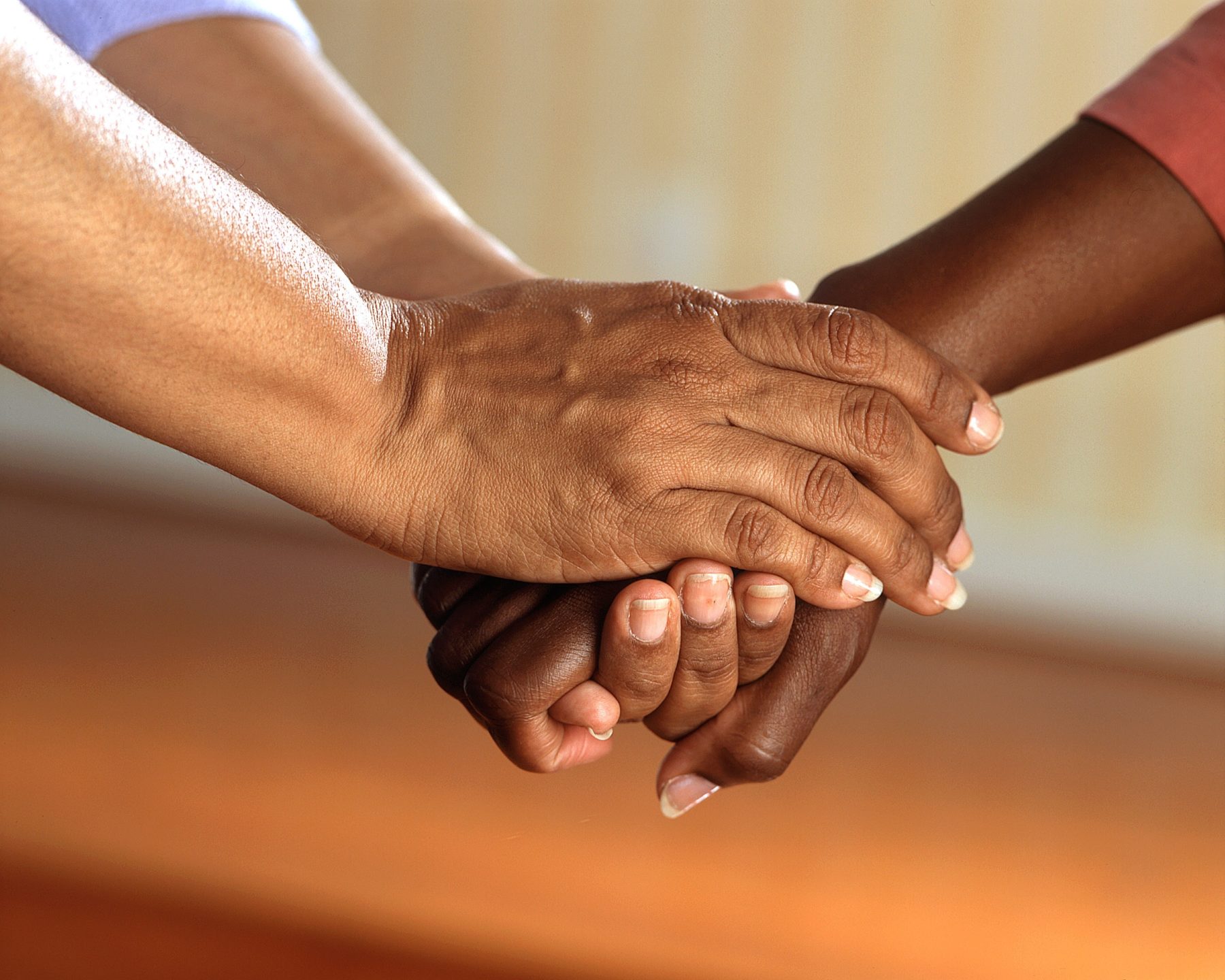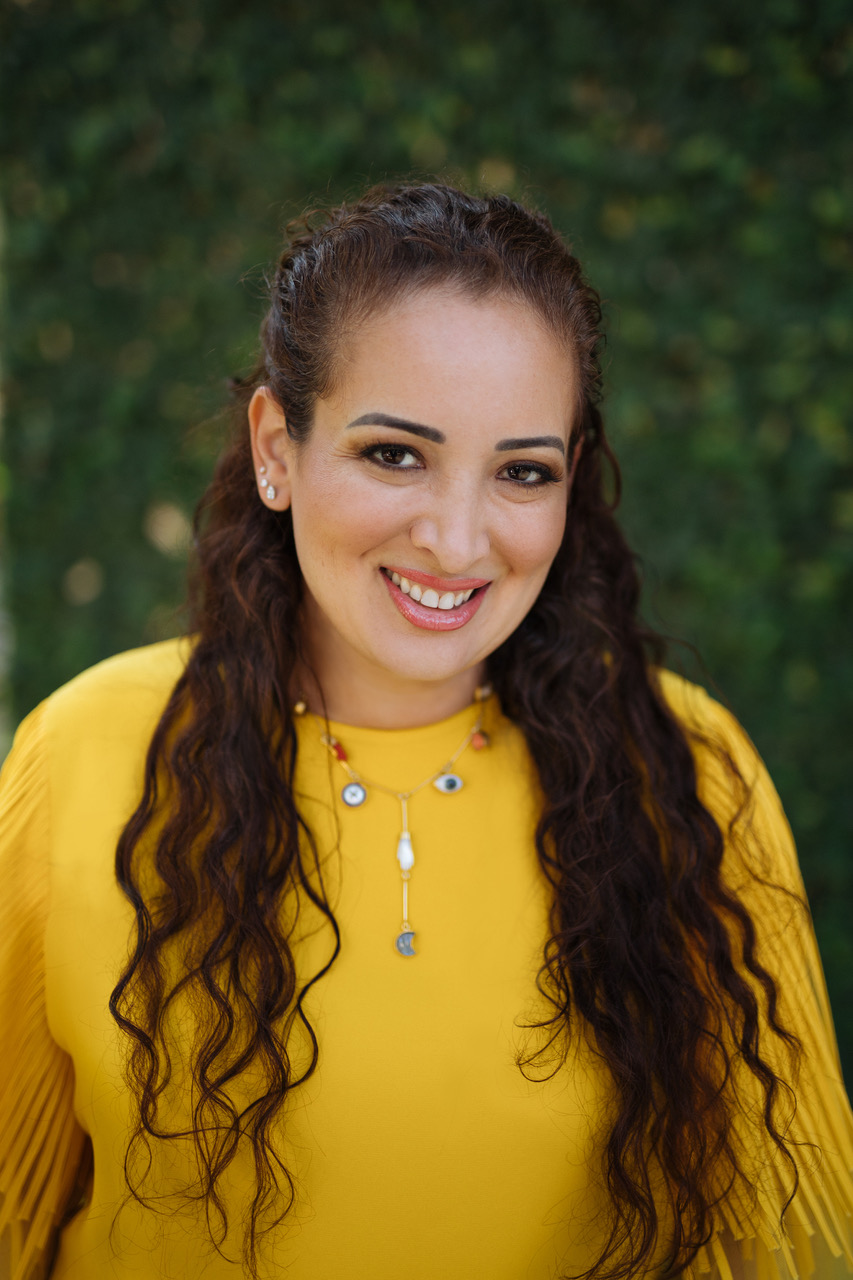6 Questions to Help You Forgive

If you had a tumor that needed to be removed immediately, and your doctor confessed that he made a mistake during the operation, leaving you with a lifetime of medical issues, what would you do? Vengefully sue him, or forgive him and let go?
I have been there. When I was diagnosed with a tumor on my adrenal gland, my surgeon removed my left gland when the tumor was on the right. This mistake destroyed my health, leaving me with medical issues that can never be fully resolved and will likely take years off my life.
My friends’ and family’s immediate reaction was to get revenge and sue the surgeon. But this thought brought me no comfort. On the contrary – the idea of devoting my precious energy to pursuing the negative force of revenge made me feel more bitter and exhausted. It wouldn’t mend my broken body or soul, which I wrote about in my memoir “On the Way to Casa Lotus.”
After months of soul searching, I decided to do the one thing that felt right: embark on a quest for peace and healing, beginning with seeking space in my heart to forgive. Only by forgiving the surgeon and moving on could I reclaim my emotional health which, in turn, impacts my physical well-being.
Along the way, I was forced to consider what forgiveness means to me, and why I would even choose it. This process helped me come to terms with, and ultimately go through with, the decision to forgive. Here are the questions that helped me make and live with my decision:
#1: What outcome do you want and need, and will revenge help you get it?
It’s important to ask yourself this as a first step. Oftentimes, when somebody wrongs us, our gut reaction is to get even. But is that really the result you’re seeking? And will it really make things right? You might not be able to achieve the exact result you want – in my case, I will never get my health back – but you can ask yourself, what would be the next best outcome? For me, that was peace and emotional healing, which revenge would not help me achieve.
#2: What would be the upside of revenge, and how would it make a positive impact?
The only potential upside I saw in my situation was for some good to come out of it – some new understanding or change in the status quo that contributed to this situation. After much reflection, I realized revenge would not have this effect. Considering whether your own situation might be turned around to make a broader, positive impact can help you clearly weigh the benefits of revenge versus forgiveness.
#3: Would revenge help change the status quo that contributed to this situation?
If you’re unable to fix the harm that was done to you, perhaps you can help fix the system that led to it. That was important to me. Ask yourself whether and how getting even and causing the person who wronged you to suffer will help change the system or structures that led to the wrongdoing.
#4: Is this about justice, and if so, what does justice look like to you?
I spent a long time contemplating how justice could be achieved. I was robbed of my adrenal gland. You can’t attach a dollar value to that. I wondered: What does justice look like? An eye for an eye? A scale in perfect balance? No reparations or apologies could right this wrong. I realized getting even was not justice. If I was ever to make peace with what happened to me, I’d have to find that balance within myself.
#5: How genuine will the satisfaction be from knowing that you’ve made the person who wronged you suffer?
I knew that by suing and seeking revenge I could make the surgeon suffer. But I realized that if there’s any satisfaction to be found in the suffering of another person, it’s a hollow satisfaction – a void within the soul. It felt toxic. How would that satisfaction feel to you?
#6: Who is this decision about – you, or the person who wronged you?
While contemplating revenge, I understood that whether or not I decided to go through with suing the doctor, the decision had to be about me, not him. What did I want for my future? What did I need in order to heal? The doctor’s future was of no significance in this equation.
After months of playing these questions and answers over and over in my mind, I began to see that this tragedy – while it was not a gift itself – opened doors to a host of hidden blessings that have enriched my life in many ways. I have come to believe that forgiveness is always the best choice, but reaching that conclusion is half the journey.
About the Author

Art collector and philanthropist Lorena Junco Margain is the author of “On the Way to Casa Lotus,” a memoir about her journey coming to terms with the permanent consequences of a surgeon’s devastating mistake. After studying visual arts at Universidad de Monterrey, she co-founded the Distrito14 gallery in Monterrey. She also co-founded and curated, with her husband, the Margain-Junco Collection to promote awareness of Mexican art internationally. She lives in Austin, Texas with her family.






